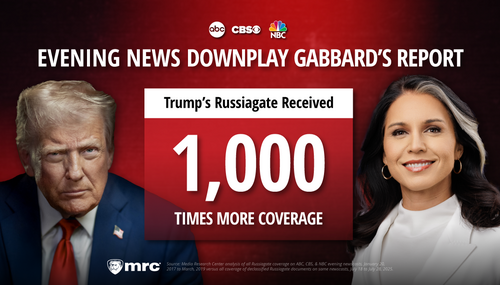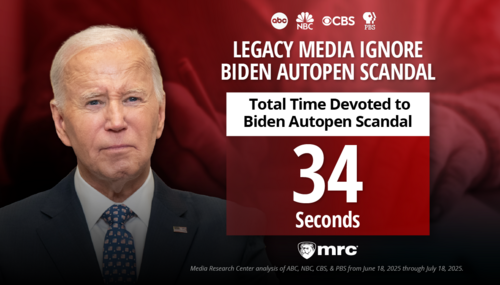These economics reporters at the Associated Press have become experts at deadpan humor.
Earlier today, I noted how the wire service's Christopher Rugaber told readers, in the wake of a government report showing the lowest wage and benefit increases on record, that "the job market is not yet back to full health." No kidding, Chris. On top of that, the AP's Martin Crutsinger reacted to yesterday's tepid report on gross domestic product, which was accompanied by significant downward revisions to the past three years, by expressing "concerns that the U.S. economy has entered a period of historically slow growth." Dude, we have been living through historically slow growth for six years, ever since the recession officially ended in the middle of 2009.
Crutsinger began by telling readers that yesterday's news was so good that the Federal Reserve may have to raise interests rates to keep matters under control:
SPRING REBOUND FOR US ECONOMY SETS STAGE FOR FED RATE HIKE
The U.S. economy isn't moving at warp speed, but it looks like it will be strong enough to handle an expected interest rate increase later this year.
Fueled by solid consumer spending, Thursday's report on the gross domestic product underscored the steady growth that is likely to bolster the Federal Reserve's case that it will soon be time to make a move, perhaps in September.
The economy's total output of goods and services rebounded to a respectable annual rate of 2.3 percent in the April-June quarter, the best showing since last summer.
The AP reporter then followed with a lot of verbiage devoted to why a rate increase might really not happen.
Readers may recall a post from yesterday where I commented on CNN's absurd assertion that the second quarter's 2.3 percent annual growth was "solid." Now we have Crutsinger describing it as "respectable." It's neither. 2.5 percent would be barely tolerable. 3.0 percent would be decent. 3.5 percent would be acceptable. 4.0 is really what policymakers should be shooting for. 4.5 percent can be done, if the government and the Fed's monetary nannies would just get the heck out of the way (see 1983-1989, when annual average growth was 4.4 percent, and 1996-2000, when it averaged 4.3 percent — and even those eras could have been better).
Now to the punch line:
The current recovery from the Great Recession of 2007-2009 has been the weakest of any expansion since World War II. Revised data released separately Thursday showed even more weakness than previously believed. For the three years from 2012 through 2014, growth averaged just 2 percent, down from the previous estimate that the economy turned in average growth of 2.3 percent during this period.
The modest performance has raised concerns that the U.S. economy has entered a period of historically slow growth.
Marty, you just spent a whole paragraph telling us that the past six years have been historically slow. So your next sentence makes no sense. We're not about to enter slow growth' we "entered" slow growth a long, long time ago. The question is when, or perhaps whether, we'll ever be able to exit.
As long as Barack Obama, the guy whose name the AP won't ever mention in a report dealing with a weakness in the economy, remains in control of the White House, the odds are overwhelmingly high that we'll remain stuck.
Cross-posted at BizzyBlog.com.




